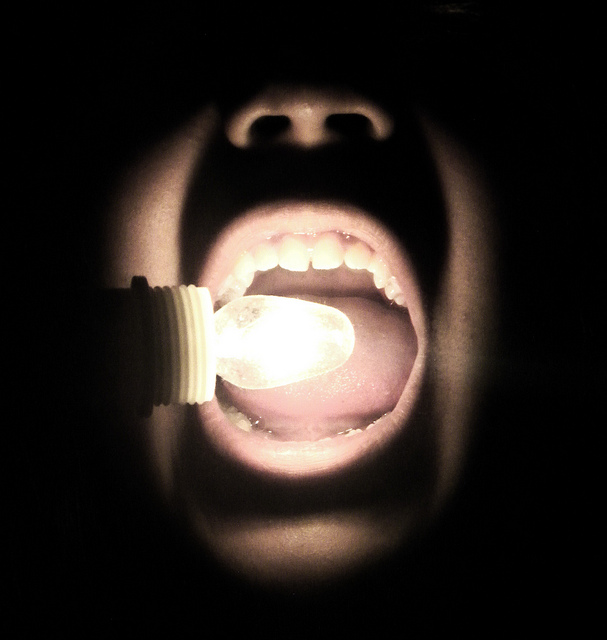From idea to science: Turning daydreams into raw, PhD-sized chunks of science
Ars Technica » Scientific Method 2013-03-23
I really love quantum physics, but not necessarily the entanglement and computation that I write about here at Ars. Think of my interests like this: if two molecules come into proximity and react to form products, how do they do that? Usually there are many different possible reactions, so why do we end up with the products that we observe?
For many molecules and potential reaction products, the energy released or absorbed during the reaction is enough to tell you what you're going to end up with. But there are many, many cases where the energy differences between different products are small enough that more than one product is produced. Or sometimes a catalyst can intervene to allow reactions that, from an energetic perspective, should be very rare.
In any case, I'm not really interested in the bulk reactions and average products. I'm interested in the details: how do the starting quantum states and coherences between these states influence the final reaction product?
Read 18 remaining paragraphs | Comments
